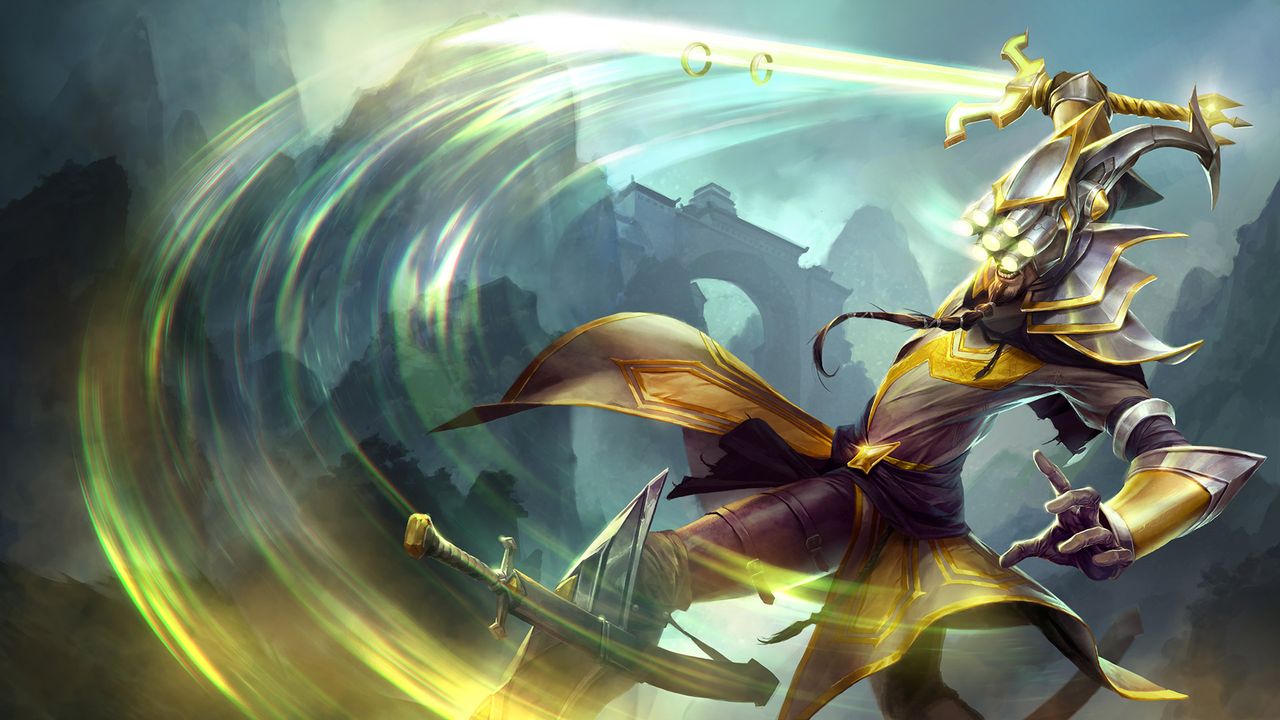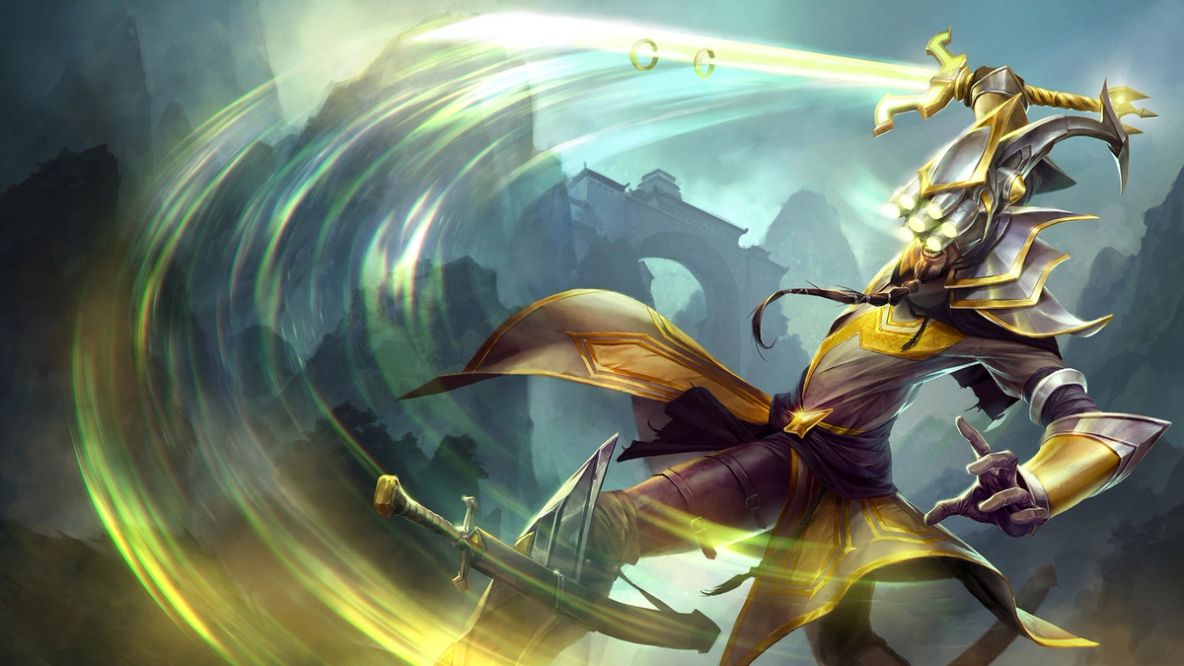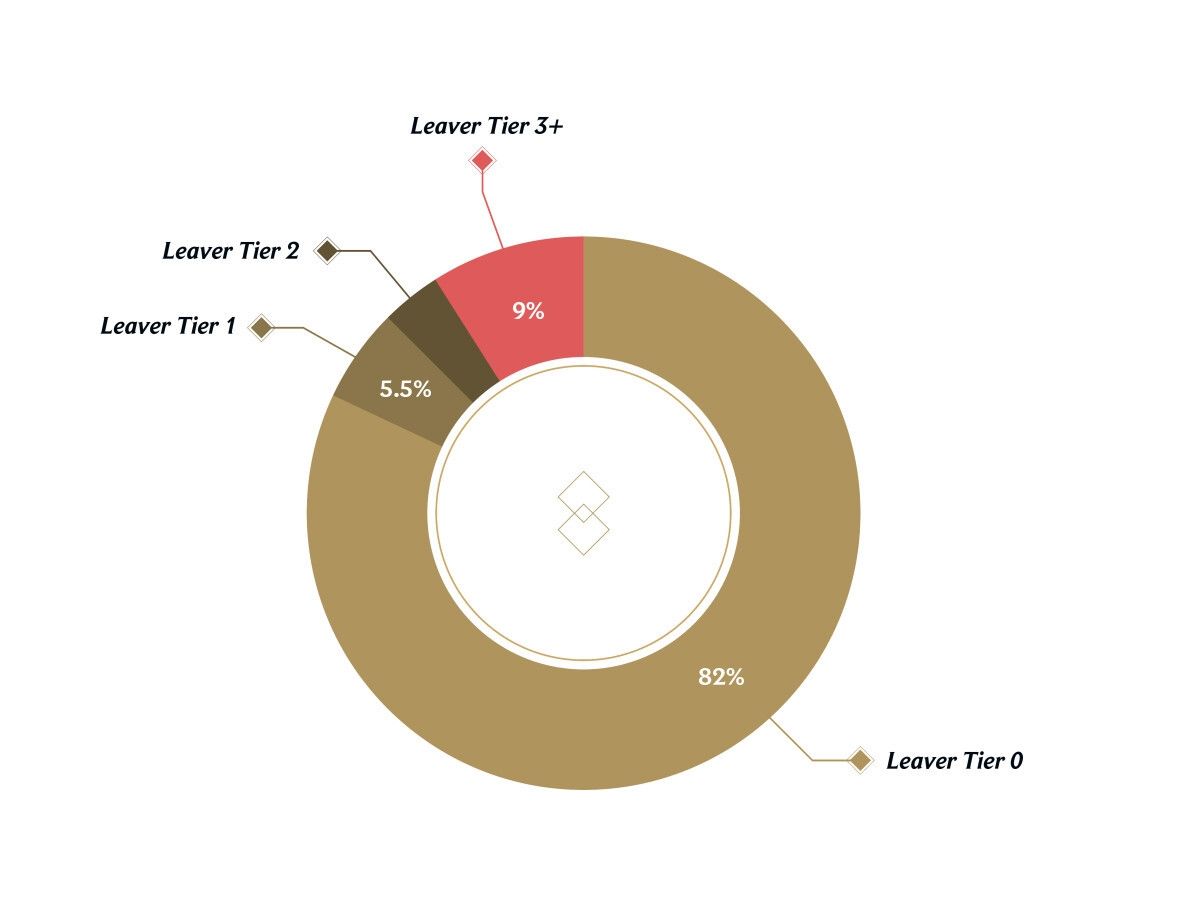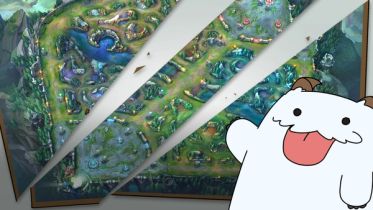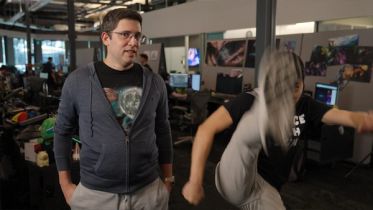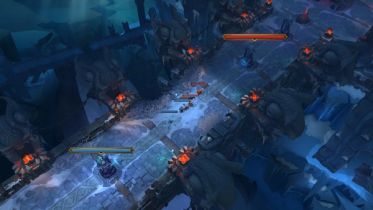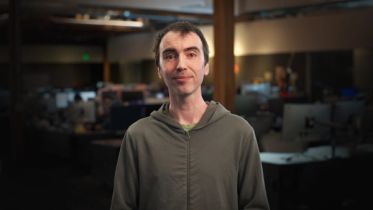/dev: Tackling AFKs
Hey players, BarackProbama and TimTamMonster here, the design and product leads for League’s Behavioral Systems Team. We know that AFKs and leavers are some of the most disruptive behaviors you face, so we're happy to be coming to you today with an update around AFK and Leaver punishments, which we last talked about in April before temporarily tunneling in on Queue Dodging.
One small note for the rest of this article—we'll be referring to the combination of AFK (idle behavior) and Leaving (intentional or otherwise) as just AFK.
Our approach to reducing the frequency of AFKs in games has a few prongs:
- Add additional tiers to our penalty structure so that players who continue to AFK/leave consistently, incur these new punishments
- Add a new penalty type to shield players from repeat offenders
- Improve the way we evaluate attempts to reform in our games
Let’s get into it.
New Penalty Type
Up until now, we've penalized AFKing with Queue Delays. Queue Delays are a speed bump on an offending player’s way to their next few games: Upon clicking the play button, the queue blocks them behind a short timer. The purpose of this is to change behavior. If someone who goes AFK gets to experience what having their time wasted is like, they are less likely to perpetrate it in the future. For most folks Queue Delays work well, but about 9% of our players worldwide engage in consistent AFK behavior and don’t seem to be deterred by a few delays between their games.
For players who continue to AFK we are introducing a new penalty: Queue Lockouts, which are basically like mega-delays. When a player experiences a Queue Lockout, they will have a popup displayed explaining their punishment and will be unable to start games in MOBA queues. When we issue a Queue Lockout, we're not saying "hey, doesn't it suck to have your time wasted?" We're removing the player from the population for a while so they can't continue to AFK in games. Once a queue lockout does expire, it's followed by the maximum-level queue delay so we can still maintain the benefits of behavior modification and players who take a break don’t get to sit out their entire punishment. Queue Lockouts apply to all MOBA queues.
An important note is that any player that is currently at a very high tier will be reset to Tier 3. They will get a chance to reform before the Queue Lockouts begin.
This table shows the new tiers as well as their associated lockouts and delays.
Tier |
Queue Lockout |
Queue Delay |
0 |
None |
0 minutes |
1 |
None |
5 minutes for 5 games |
2 |
None |
10 minutes for 5 games |
3 |
None |
15 minutes for 5 games |
4 (new tier) |
1 day |
15 minutes for 5 games |
5 (new tier) |
3 days |
15 minutes for 5 games |
6 (new tier) |
7 days |
15 minutes for 5 games |
7 (new tier) |
14 days |
15 minutes for 5 games |
Tier level is not a time-based system. The best (and only) way to lower your penalty tier is to play games without going AFK—you can't just wait it out.
Evaluating Behavior
One challenge we discovered within our existing system was that once a player had reached a high penalty tier it was very difficult for them to lower it even through repeated demonstrations of good behavior. We’ve moved to a more sophisticated model that looks at multiple factors and will be much more effective in moving reformed players down the tiers than the previous one. That said, consistently AFKing will still be detected and consistent offenders will still be doinked.
These changes enabled us to create Queue Lockouts, since it means that we have higher certainty that a player at a high AFK tier is actually being consistently disruptive and isn’t stuck there for other reasons, like intermittent connectivity issues, which can be particularly common in some regions.
Looking Forward
As this is rolled out, we are committed to continue to monitor AFKs, both in regards to the frequency of this behavior and regional specific connectivity issues. We want to ensure we are being equitable across all regions who may experience different levels of connectivity. To be safe, we're going to start by testing these changes in a few regions before rolling them out globally; keep an eye on the patch notes for status updates.
This is not the final word on AFKs. We’re working across teams on gameplay to address some of the root causes of these issues such as:
- Not enough ability to come back from behind
- Inability to deal with other disruptive behavior in game
- Connectivity challenges
We'll have more to share on these subjects in future updates!
